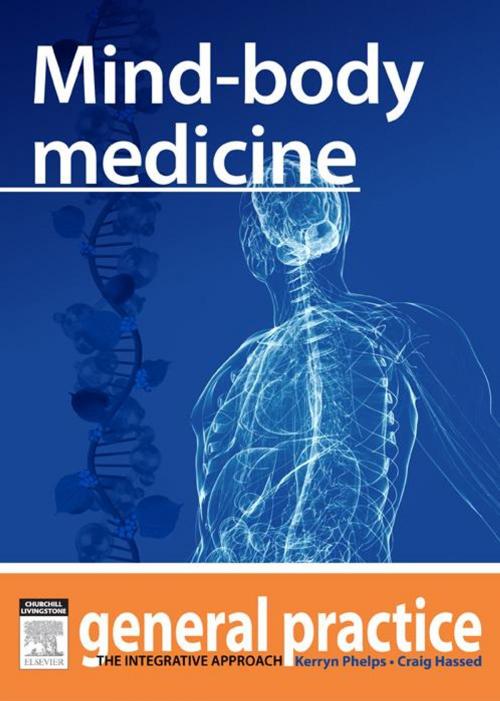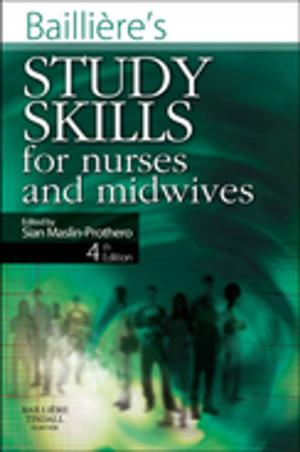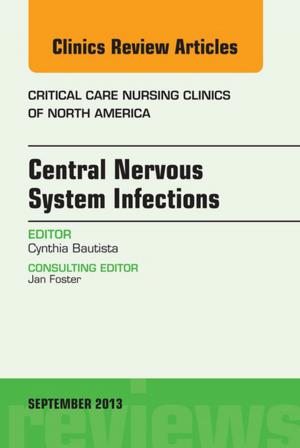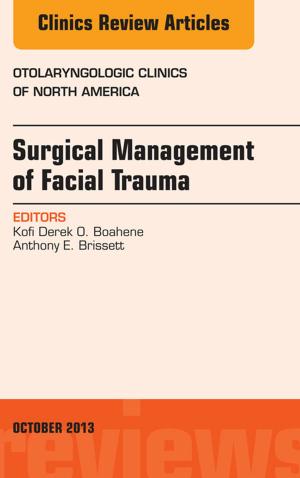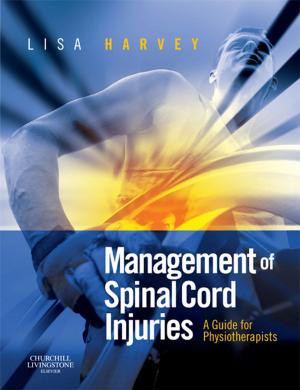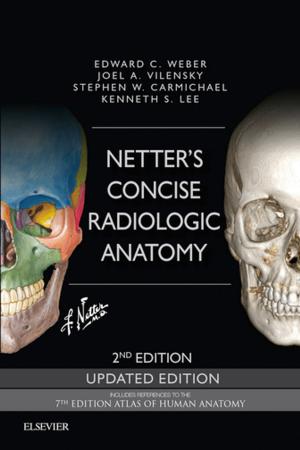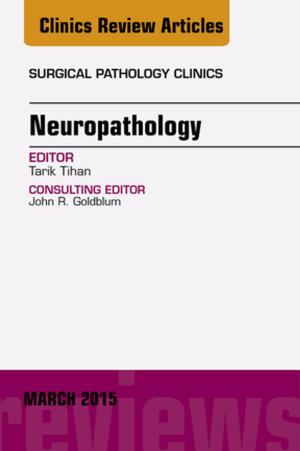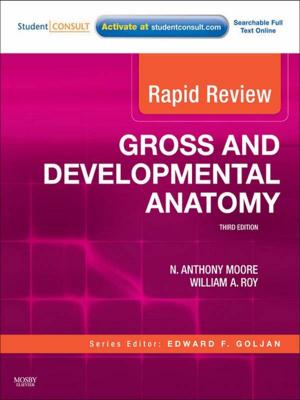Mind-body Medicine
General Practice: The Integrative Approach Series
Nonfiction, Health & Well Being, Medical, Specialties, Internal Medicine, General| Author: | Kerryn Phelps, MBBS(Syd), FRACGP, FAMA, AM, Craig Hassed, MBBS, FRACGP | ISBN: | 9780729581820 |
| Publisher: | Elsevier Health Sciences | Publication: | October 30, 2012 |
| Imprint: | Churchill Livingstone | Language: | English |
| Author: | Kerryn Phelps, MBBS(Syd), FRACGP, FAMA, AM, Craig Hassed, MBBS, FRACGP |
| ISBN: | 9780729581820 |
| Publisher: | Elsevier Health Sciences |
| Publication: | October 30, 2012 |
| Imprint: | Churchill Livingstone |
| Language: | English |
Mind Body Medicine - General Practice: The Integrative Approach Series. The main premise of MBM is that the mind (intelligence) governs or regulates the body. Although mind is non-physical—and therefore MBM is in essence a metaphysical explanation for physical phenomena—mind uses the body to execute its purposes. More particularly, the mind, powered by consciousness, thinks and feels through the agency of the brain. Mind, brain and body are inseparable. Mind and intelligence make themselves evident by observable results in the physical world. A practical way of expressing this principle is to say that psychological states such as chronic stress, depression, anxiety and fear produce profound and clinically relevant effects upon the body. These effects have implications for health and illness. Psychological states and social context can have both positive and negative effects that manifest on many different levels, all the way from muscle tension to genetic expression. Over time the cumulative effects of negative mental and emotional states can take a heavy toll on the body. Conversely, research also suggests that psychosocial interventions can play an important part in ameliorating these negative effects and can assist in promoting healing.
Mind Body Medicine - General Practice: The Integrative Approach Series. The main premise of MBM is that the mind (intelligence) governs or regulates the body. Although mind is non-physical—and therefore MBM is in essence a metaphysical explanation for physical phenomena—mind uses the body to execute its purposes. More particularly, the mind, powered by consciousness, thinks and feels through the agency of the brain. Mind, brain and body are inseparable. Mind and intelligence make themselves evident by observable results in the physical world. A practical way of expressing this principle is to say that psychological states such as chronic stress, depression, anxiety and fear produce profound and clinically relevant effects upon the body. These effects have implications for health and illness. Psychological states and social context can have both positive and negative effects that manifest on many different levels, all the way from muscle tension to genetic expression. Over time the cumulative effects of negative mental and emotional states can take a heavy toll on the body. Conversely, research also suggests that psychosocial interventions can play an important part in ameliorating these negative effects and can assist in promoting healing.
